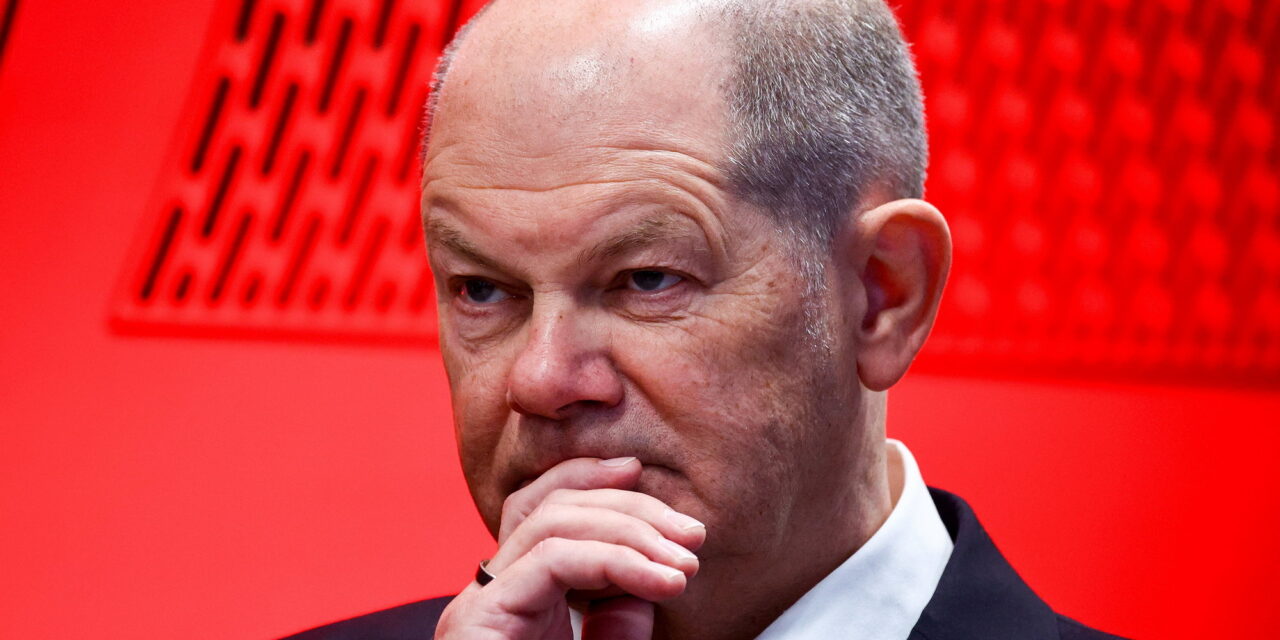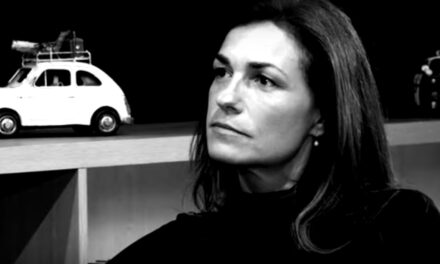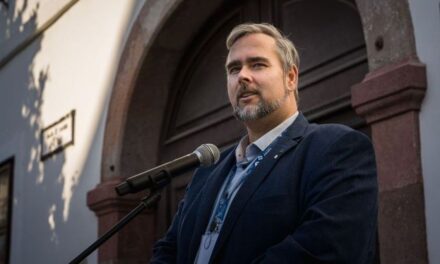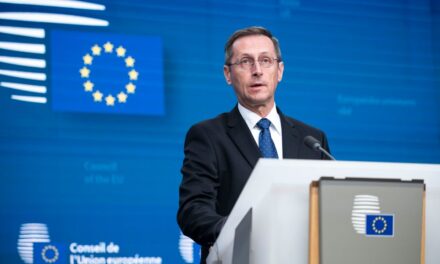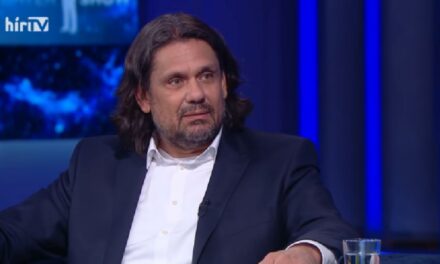As usual, the members of the traffic light coalition were at each other's throats regarding next year's budget. If they fail to agree, it could mean the fall of the government and early elections.
The three coalition parties of the German government haven't even woken up from the catastrophic defeat of the European Parliament election (they won 31 percent in total), they already have to face a lot more. While in France President Macron dissolved the National Assembly and called early elections in response to a similarly depressing election slap, in Berlin it appears that no consequences were drawn and resignation was not discussed. However, what external factors cannot achieve can easily be managed by internal ones:
the biggest threat to the German government parties is now the debate over the budget. If they fail to reach an agreement and the negotiations are drowned in a scandal similar to last year's or an inability to reach a consensus, it could also seal the fate of the Scholz cabinet.
The stake is 40 billion euros, which is how much public spending would have to be reduced in order to close the gaping hole in the 2025 budget. If it fails, the coalition will almost certainly not survive another dispute. Even the governing parties think so, especially in light of the fact that last year they barely escaped the effects of one of the biggest budget scandals in Germany's history.
The 2024 budget was blown up by the German Constitutional Court itself, when it prohibited the government from securing the operation of the state from giant loans called special funds. In fact, in 2009 (fearing the recurrence and effects of the global crisis), a so-called debt brake was incorporated into the country's constitution, which maximizes the debt at 0.35 percent of GDP for a given economic period. Emergencies are an exception to this - the Scholz government took advantage of this when it created a special fund of 100 billion euros for the development of the armed forces, or tried to eliminate the destructive effects of the energy crisis, which was partly caused by itself, with a loan of around 200 billion euros.
The government liked the new trend so much that it started playing with these special funds in this year's budget - worth 60 billion euros. This trick was crushed by the Supreme Court when it was declared unconstitutional, leaving the desperate governing parties with a huge hole in the budget. And this was the case from which the cabinet apparently learned nothing, because the debate is still going on how and what could be declared an "emergency" in order to beat the debt brake. Otherwise, 40 billion euros will have to be cut from public spending, which will affect all areas sensitively. The leaders of ministries and parties are already fighting each other to the death - everyone wants to avoid the drastic surgery being carried out at their expense. Narrowing range of motion
The three leaders, the social democrat Scholz, the economy minister Robert Habeck from the Greens, and the free democrat Christian Lindner are expected to submit the draft budget to the Bundestag at the beginning of July. Their political survival depends not only on whether they accept it, but also on whether they get there at all. About half of the planned budget of 450 billion euros is social spending, i.e. if the 40 billion hole - which was again unconstitutionally and therefore hopelessly tried to be patched with a loan - is to be legally removed, then
they have to fundamentally change the system of public spending.
However, this would require an agreement, which is unlikely. The Greens and the Social Democrats don't even want to hear about cutting social spending, such as the pension system, and instead advocate the abolition of the debt brake. However, Finance Minister Lindner stubbornly insists on the strictest fiscal policy and the debt brake. The tense situation is yet to be resolved, but threats to blow up the coalition have been flying back and forth between the parties for quite some time.
Everyone has their own steak
The situation is complicated by the fact that in the person of Scholz's Social Democrats, Boris Pistorius, a minister of defense has entered the scene, whose popularity, honest militarism - and his intention to make the German army the greatest force in Europe once again - have skyrocketed to such an extent that many are already considering him as Scholz's successor. are mentioned. Pistorius was the one whose ministry until now, with great difficulty, Germany agreed to fulfill the NATO recommendation, that is, allocate 2 percent of GDP to defense spending. The problem is that the 100 billion euro loan that the government took out in 2022 - and which will run out in a few years - is also included in the financing of the development of the armed forces. Finance Minister Lindner just shook his head, but his patience completely ran out when Pistorius (even hinting at his resignation) demanded an extra 6.5 billion euros from the 2025 budget for his ministry - picking up the idea of the good old special fund, i.e. unconstitutional borrowing.
The minister receives the most help from his colleague, one of the most divisive, but undoubtedly most awkward, ministers of the German government, the foreign minister of the Greens, Annalena Baerbock, who says that Russia's war against Ukraine is creating a real emergency in Europe, and based on this, the idea of suspending the debt brake and taking out loans is justified. However, the finance minister is adamant, as is the Free Democratic Party. According to their argument, the fact that there is a war in Ukraine will not create an emergency in Germany, and no matter how long Baerbock can try to remove the debt brake, he will not succeed. Not only because a two-thirds parliamentary majority is required to amend the constitution, but no one who tries to play tricks with the debt brake will ever get it.
Despite seemingly intractable contradictions, the government coalition is able to keep alive the marriage of convenience that is not pleasant for anyone. Despite the withdrawal threats, they insist that the French case cannot happen in Germany, and there can be no talk of pre-arranged elections. At the same time, no one can give a meaningful answer to what will happen when the unstoppable cannonball of the Greens and the Social Democrats meets the impregnable wall of the Free Democrats in the budget debate.
Featured image: German Chancellor Olaf Scholz at the inauguration ceremony of the new high-speed ICE train factory of German state railway company Deutsche Bahn in Cottbus on January 11, 2024. MTI/EPA/Filip Singer

